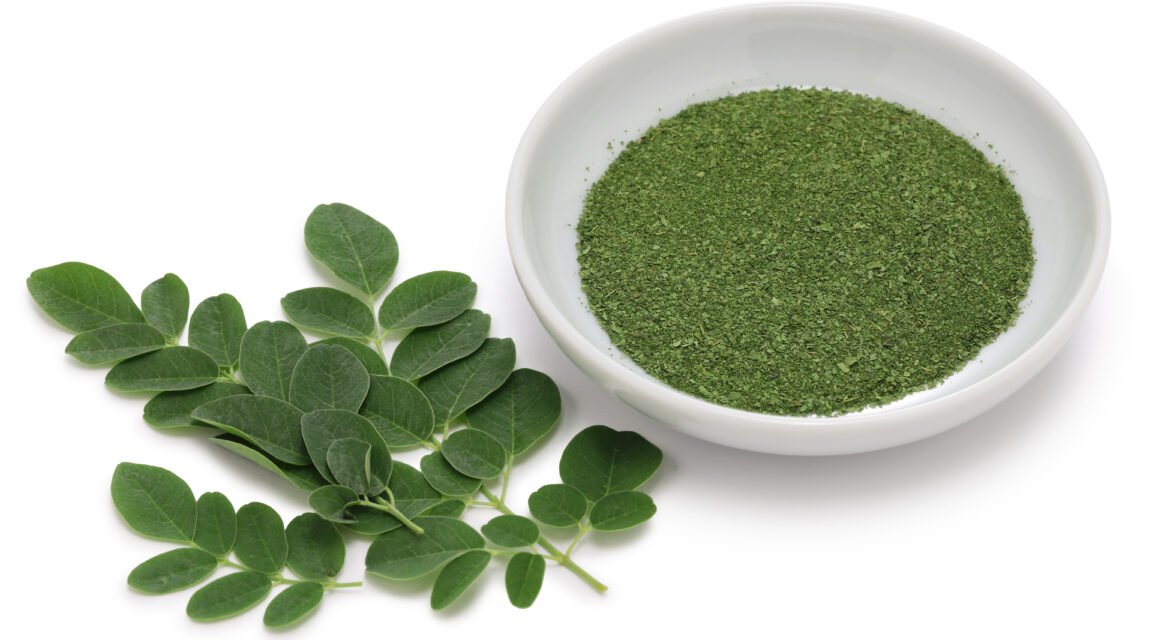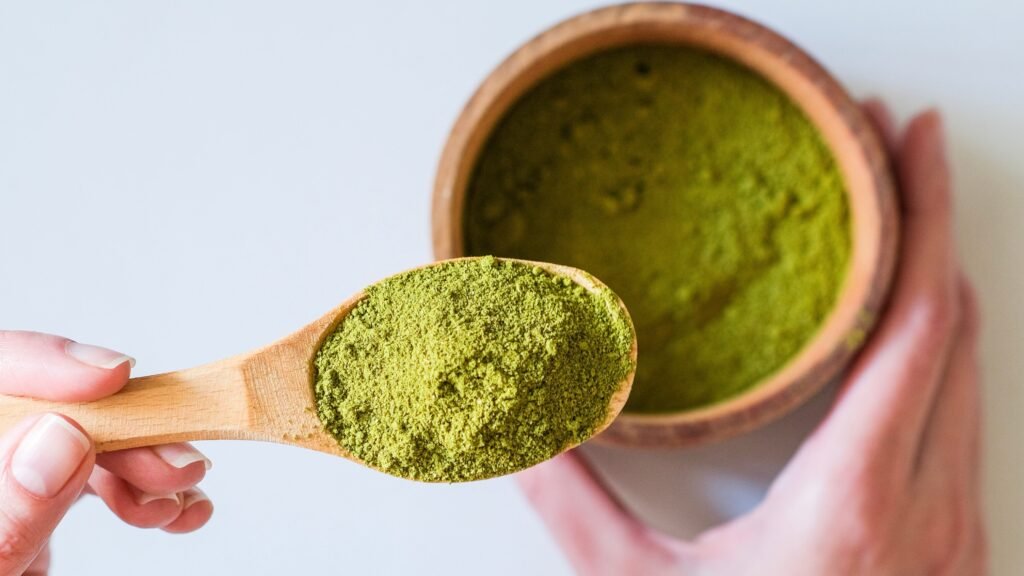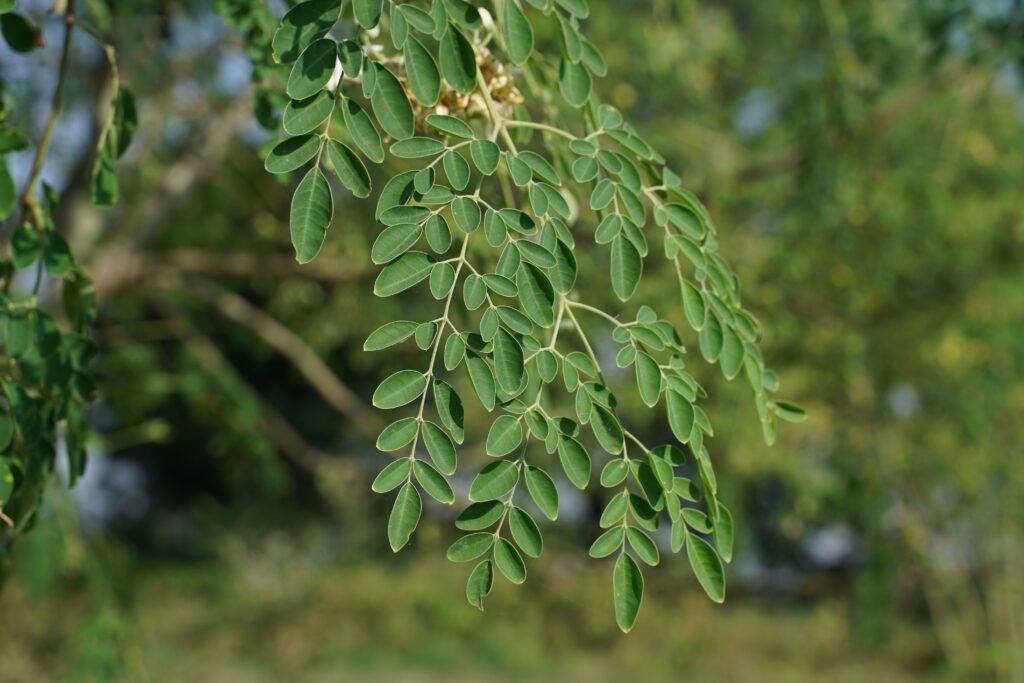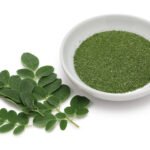 19 July 2025
19 July 2025Moringa Powder vs Fresh Leaves: Which One is More Nutritious?
Moringa, often called the “Miracle Tree”, has been praised for centuries for its incredible health benefits. Found commonly in India and other tropical regions, every part of the Moringa tree offers some form of nutrition or healing property. But when it comes to daily use and nutritional intake, a common question arises: Is Moringa powder more nutritious than fresh leaves?
Let’s explore both forms of Moringa, their differences, benefits, and which one you should choose based on your lifestyle and health goals.
What Makes Moringa a Superfood?
Before comparing forms, it’s essential to understand why Moringa is such a revered plant in Ayurvedic and modern wellness systems. Rich in antioxidants, vitamins, minerals, and essential amino acids, Moringa offers support for immunity, energy, digestion, skin, and even mental clarity.
Some of the key nutrients found in Moringa include:
- Vitamin A, C, and E
- Calcium and iron
- Potassium and magnesium
- Complete protein (all 9 essential amino acids)
- Chlorophyll and polyphenols

Moringa Powder: Concentrated Nutrition in a Spoon
Moringa powder is made by drying fresh Moringa leaves at low temperatures and then grinding them into a fine green powder. This form is often considered a nutrient-dense concentrate.
Why People Love Moringa Powder:
- Longer Shelf Life: It doesn’t spoil quickly like fresh leaves.
- Convenient Usage: Easy to mix into smoothies, juices, teas, or meals.
- Available Year-Round: You can enjoy its benefits even in off-seasons.
- Highly Concentrated: Since the water content is removed, the nutrients are packed more densely.
A single teaspoon of powder is often equivalent to a large handful of fresh Moringa leaves, making it an efficient option for people with busy schedules or limited access to fresh herbs.

Fresh Moringa Leaves: Closer to Nature
Fresh Moringa leaves, when consumed directly or added to meals, offer nutrition in its most natural and unprocessed form. Many traditional Indian households use them in dal, curries, or chutneys.
Benefits of Fresh Leaves:
- Higher in Enzymatic Activity: Since they are raw and unprocessed, they retain living enzymes beneficial for digestion and metabolic function.
- More Hydrating: The natural moisture helps in better assimilation of nutrients.
- Mild Taste: Compared to the strong flavor of powder, the taste of fresh leaves is subtler and easier to blend into dishes.
- Less Processing: Minimal handling ensures minimal nutrient loss, especially for sensitive compounds like vitamin C.
However, the biggest drawback of fresh leaves is their limited shelf life and seasonal availability. They wilt quickly and may not be accessible to everyone year-round.
Which One Is More Nutritious?
Both forms of Moringa are incredibly nutritious, but the nutritional density differs slightly due to the processing involved.
- Moringa Powder typically has more concentrated vitamins and minerals per gram because the water is removed. Studies show that dried Moringa leaves (in powder form) can contain:
- 10x more vitamin A than carrots
- 17x more calcium than milk
- 15x more potassium than bananas
- 25x more iron than spinach
- Fresh Moringa Leaves are slightly richer in vitamin C and live enzymes, which can get partially lost during the drying process. For people looking for whole-food freshness and minimal processing, fresh leaves can be a great choice.
So, Which One Should You Choose?
Your choice really depends on your lifestyle, preferences, and nutritional goals.
Choose Moringa Powder if:
- You want a quick, concentrated daily dose of nutrients.
- You travel often or have limited access to fresh greens.
- You enjoy adding superfoods to smoothies or teas.
- You need long-term storage without spoilage.
Choose Fresh Leaves if:
- You have access to fresh Moringa and prefer raw, whole foods.
- You like cooking and want to incorporate the herb into daily meals.
- You want higher enzyme activity and natural water content in your food.
Can You Combine Both?
Absolutely. Many people alternate between powder and fresh leaves based on availability. For instance, use fresh leaves in your lunch curry and take a spoon of Moringa powder in your morning smoothie or tea.
Combining both can give you a diversity of nutrients and maximize health benefits while keeping your diet dynamic.
Final Thoughts
Whether you prefer the modern convenience of Moringa powder or the farm-fresh vitality of Moringa leaves, you’re making a smart choice for your health. Both offer incredible benefits, and each has its place in a well-rounded wellness routine. The real win lies in choosing clean, chemical-free, and sustainably grown Moringa – like the ones we grow at Sukhi Farm with love, care, and zero compromise.





